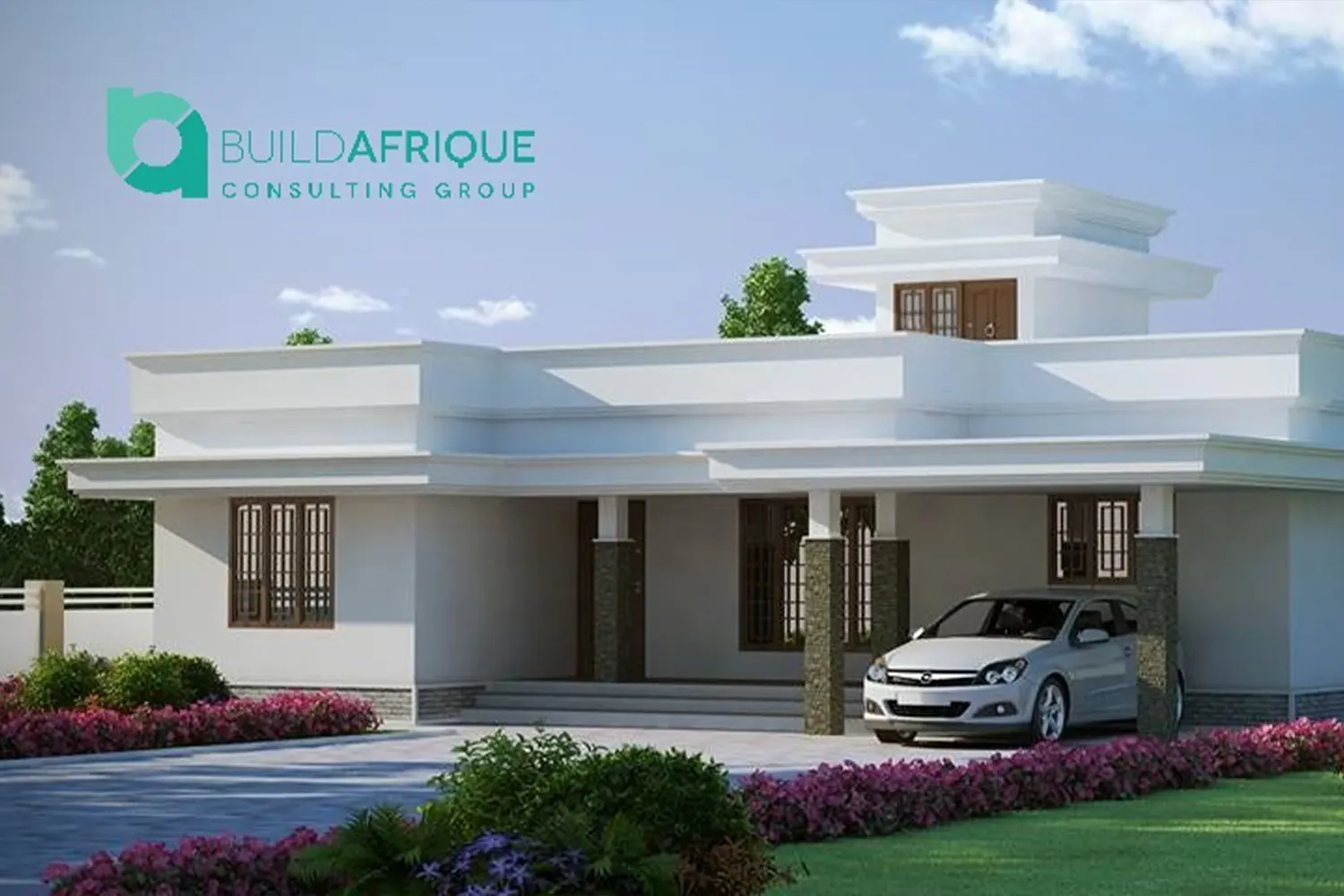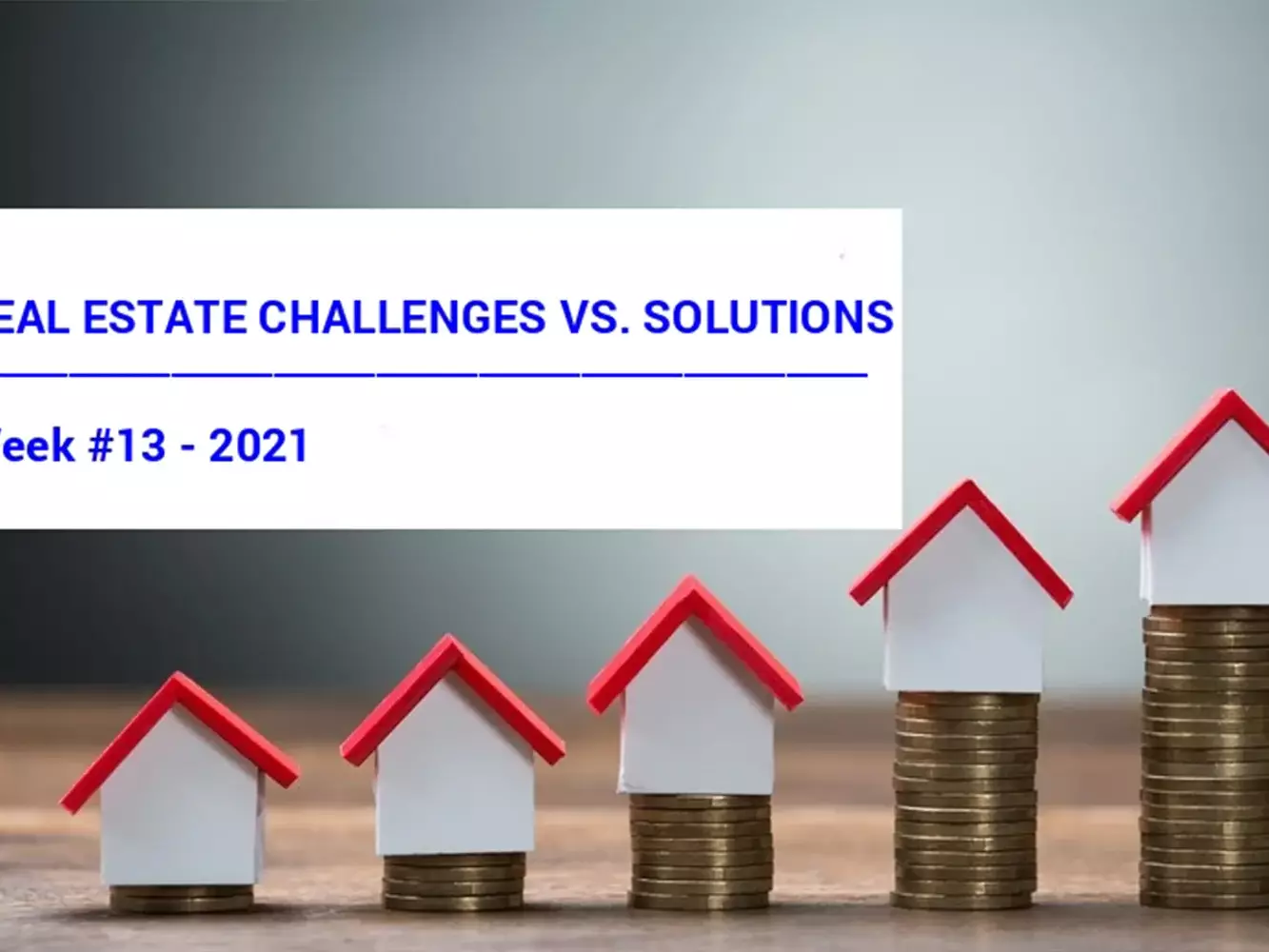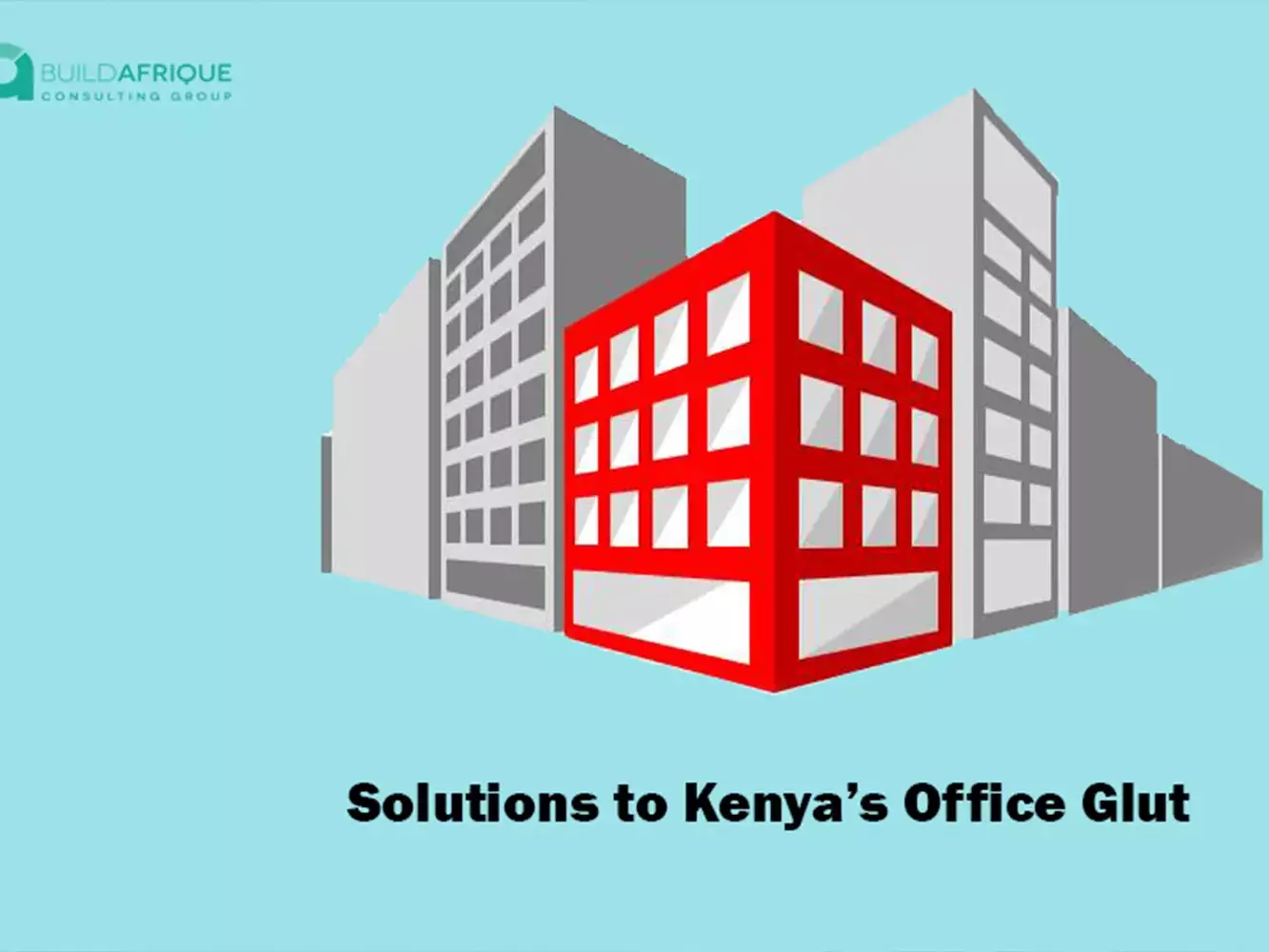Insights
Property Development Costs – The Costs of building a House in Kenya and related cost control

Property development is a capital-intensive endeavour which requires a substantial investment of time and money. In project development costs, there are variations brought about by other factors such as topography of the land, size of the house, the specification of materials to be used, external and internal features and labour costs. Ideally, the cost of construction for a home should be established after a house has been designed, and space arrangement and sizes created. However, in area footage, building a modest house in Nairobi costs about Ksh 35000 per square meter while a high-end home may cost up to Ksh 60000. In this article, we look costs in property development.
Land Acquisition Cost
Land Acquisition is the initial financial commitment undertaken in property development. Also involved are legal fees that are paid to advocates engaged in conveyance services and the stamp duty which is paid to the Kenya Revenue Authority. In a survey conducted by African Development Bank, land acquisition takes approximately 10 percent of the cost of construction.
Planning Costs
Before developing acquired land, it is essential to be familiar with planning regulations in Kenya. It is also imperative that one buys land that has met the specified planning and development principles. Before devolution, this was under local governments, but currently, it is handled by the respective county governments’ sections of planning. To get a building permit, an investor must pay permit approval costs –also determined by the nature of development- related to planning regulations of the area they aim to build. It is crucial that one incurs these costs so as not to risk having a construction project demolished or face severe penalties from the authorities.
Building Costs
 These costs are determined by a Quantity Surveyor. In Kenya, estimated building costs constitute roughly 60 percent of the total costs prescribed in a housing structure with 70 percent being spent on materials, and the remaining 30 percent is spent in labour costs. Quantity surveyors provide cost facts and estimates at different phases of the development to ensure that the expectations of the construction project are met within the specified budget. Also, collaborating with a developer ensures that standards associated with safety and quality are observed or factored into the cost. Usually, the building cost is expressed as the cost per square meter of the house. In a case of benchmarking with a similar house, one would take the price of the house, subtract the price of land and divide the amount by the size of the home in square meters.
These costs are determined by a Quantity Surveyor. In Kenya, estimated building costs constitute roughly 60 percent of the total costs prescribed in a housing structure with 70 percent being spent on materials, and the remaining 30 percent is spent in labour costs. Quantity surveyors provide cost facts and estimates at different phases of the development to ensure that the expectations of the construction project are met within the specified budget. Also, collaborating with a developer ensures that standards associated with safety and quality are observed or factored into the cost. Usually, the building cost is expressed as the cost per square meter of the house. In a case of benchmarking with a similar house, one would take the price of the house, subtract the price of land and divide the amount by the size of the home in square meters.
- The size of building – In general, larger size buildings with simple floor plan designs and elevations will cost less per Square Meter than smaller complex shaped buildings. Economies of scale apportion fixed overheads to a larger extent of “productive‟ space in large size buildings, thereby bringing down the unit cost per square meter. However, a large size building may be seen to cost more overall, but much less costly when analyzed in Unit Cost per Square meter.
- The shape of land or building – Similarly, rectangular and square shaped houses cost less to build compared to houses with more angles and corners which require more materials and labour. Simple setting out and buildable solutions related to rectangular and square shaped houses encourage greater plant and equipment use and generate higher productivity and less waste, thereby reducing overall cost. Complex shape layouts and details are also slower to assemble and may involve a number of trades with a consequent greater risk of mistakes and defects.
- Site Preparation – Having to excavate, grade, and clear land in preparation for building also adds on to the costs of construction. Amount of costs varies with the nature of topography of the land.
- Style and Storey height – The design of the house also influences the cost of building. For example, single storey structures tend to be more costly per square meter than buildings up to three storeys high, beyond which point they become progressively more expensive. Similarly, a bigger residence may cost less per square meter to build owing to the distribution of construction over the land area.
The easiest way to estimate how much a home will cost is by consulting a Quantity Surveyor, who is the construction cost consultant expert in development project. You may also consult somebody who has recently built something similar in both size and quality. However, when using other homes to benchmark for estimated costs, it is critical to ensure that the houses are at most six months old. This is because inflation increases building costs by about 7 percent annually and it may affect purchasing power significantly. It is therefore advisable to consult Quantity Surveyor consultant in order to realize low costs and savings in construction, as well as control the cost during project development and implementation. Buildafrique Consulting Limited, a subsidiary company of Buildafrique Consulting Group, is one of the Companies in Kenya that offer development cost solutions to Customers aspiring to develop housing. The company has specialty in Quantity Surveying, Development Costs Management, Construction Cost Consultancy, and Construction Contract Administration. The company can be contacted through email: [email protected]
Related
Insights
Environmental Impact Assessment (EIA) Experts in Kenya – Nairobi, Thika, Nakuru, Mombasa, and Kisumu
Buildafrique is a Environmental Impact Assessment (EIA) Expert Consulting Company in…
Investments Financing Company and Real Estate Finance Consultants in Kenya.
Buildafrique is a Real Estate Investment Financing Company in Kenya, as well as a Project…
Healthcare Investment Financing Company In Kenya
Buildafrique is a Healthcare and Hospitals Investment Financing Company in Kenya and…






